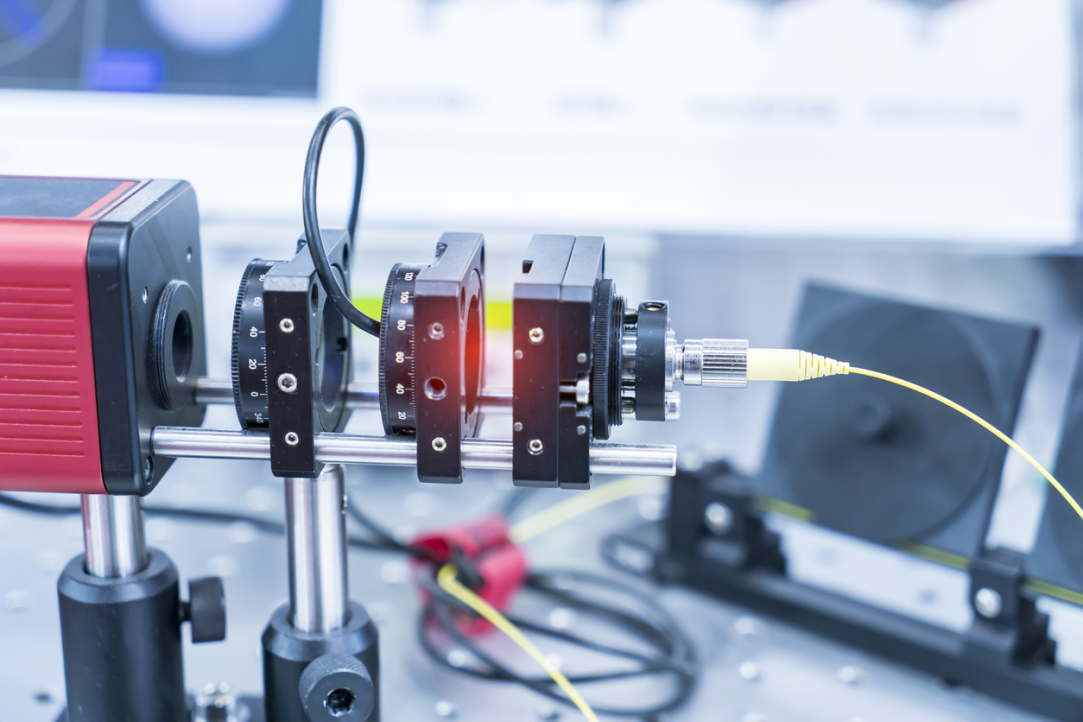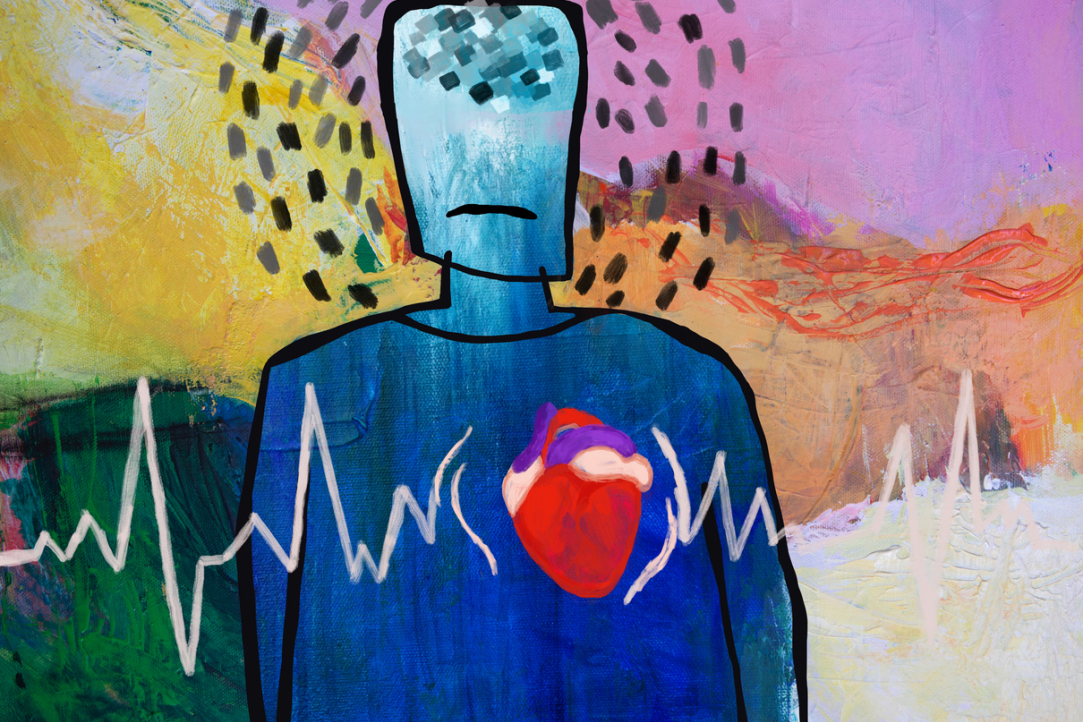
Analysing Genetic Information Can Help Prevent Complications after Myocardial Infarction
Researchers at HSE University have developed a machine learning (ML) model capable of predicting the risk of complications—major adverse cardiac events—in patients following a myocardial infarction. For the first time, the model incorporates genetic data, enabling a more accurate assessment of the risk of long-term complications. The study has been published in Frontiers in Medicine.

HSE Researchers Develop Novel Approach to Evaluating AI Applications in Education
Researchers at HSE University have proposed a novel approach to assessing AI's competency in educational settings. The approach is grounded in psychometric principles and has been empirically tested using the GPT-4 model. This marks the first step in evaluating the true readiness of generative models to serve as assistants for teachers or students. The results have been published in arXiv.

Smoking Habit Affects Response to False Feedback
A team of scientists at HSE University, in collaboration with the Institute of Higher Nervous Activity and Neurophysiology of the Russian Academy of Sciences, studied how people respond to deception when under stress and cognitive load. The study revealed that smoking habits interfere with performance on cognitive tasks involving memory and attention and impairs a person’s ability to detect deception. The study findings have been published in Frontiers in Neuroscience.

Russian Physicists Determine Indices Enabling Prediction of Laser Behaviour
Russian scientists, including researchers at HSE University, examined the features of fibre laser generation and identified universal critical indices for calculating their characteristics and operating regimes. The study findings will help predict and optimise laser parameters for high-speed communication systems, spectroscopy, and other areas of optical technology. The paper has been published in Optics & Laser Technology.

HSE Scientists Have Examined Potential Impact of Nuclear Power on Sustainable Development
Researchers at HSE University have developed a set of mathematical models to predict the impact of nuclear power on the Sustainable Development Index. If the share of nuclear power in the global energy mix increases to between 20% and 25%, the global Sustainable Development Index (SDI) is projected to grow by one-third by 2050. In scenarios where the share of nuclear power grows more slowly, the increase in the SDI is found to be lower. The study has been published in Nuclear Energy and Technology.

HSE Scientists Have Developed a New Model of Electric Double Layer
This new model accounts for a wide range of ion-electrode interactions and predicts a device's ability to store electric charge. The model's theoretical predictions align with the experimental results. Data on the behaviour of the electric double layer (EDL) can aid in the development of more efficient supercapacitors for portable electronics and electric vehicles. The study has been published in ChemPhysChem.

Psychologists from HSE University Discovered How Love for Animals Affects Relationships with People
Researchers from HSE University have identified a connection between attachment to pets and attitudes toward nature and other people. The study found that the more joy people derive from interacting with their pets, the more they want to help others. However, love for animals is not always associated with concern for nature. The findings were published in the Social Psychology and Society journal.

HSE Scientists Propose Using Heart Rate Analysis to Diagnose Anxiety and Depression
A group of scientists at HSE University have discovered how anxiety and depression can be diagnosed by analysing heart rate. It turns out that under mental stress, the heart rate of individuals with a predisposition to mental health disorders differs from that of healthy individuals, especially when performing more complex tasks. These changes in cardiovascular parameters can even be detected using a pulse oximeter or a smartwatch. The study findings have been published in Frontiers in Psychiatry.

Researchers at HSE in St Petersburg Develop Superior Machine Learning Model for Determining Text Topics
Topic models are machine learning algorithms designed to analyse large text collections based on their topics. Scientists at HSE Campus in St Petersburg compared five topic models to determine which ones performed better. Two models, including GLDAW developed by the Laboratory for Social and Cognitive Informatics at HSE Campus in St Petersburg, made the lowest number of errors. The paper has been published in PeerJ Computer Science.

HSE University Releases Global Ranking of Top Cities for High-Tech and Creative Industries
Researchers at HSE ISSEK have released the third ranking of megacities based on their innovation attractiveness—HSE Global Cities Innovation Index 2024 (HSE GCII 2024). Moscow ranks ninth, while London, New York, and Tokyo lead the ranking. The top ten also include Beijing, San Francisco, Paris, Shanghai, Los Angeles, and Seoul. In addition to Moscow, 25 other Russian cities are among the top 1,000, including St. Petersburg (73), Novosibirsk (183), and others.

